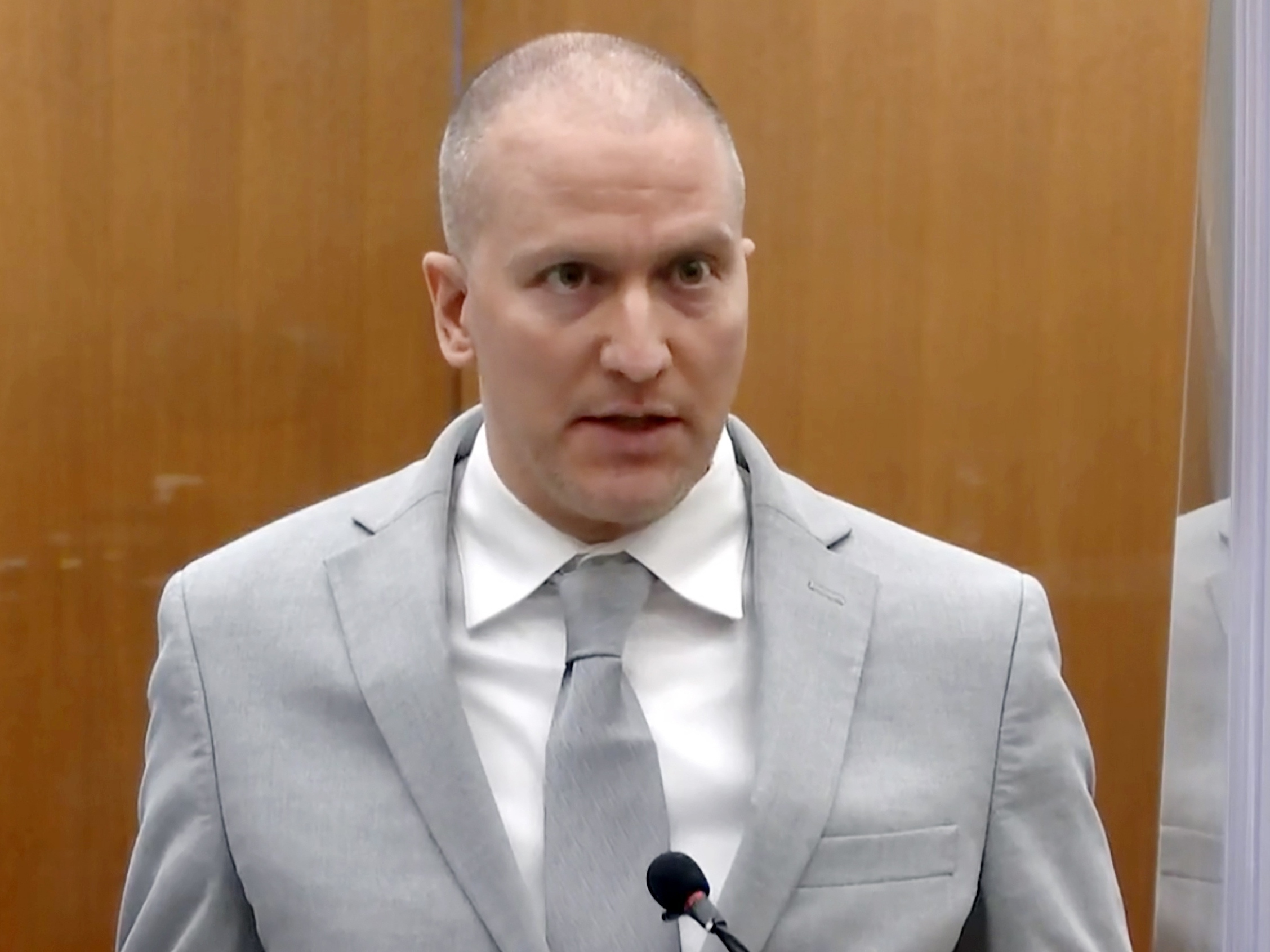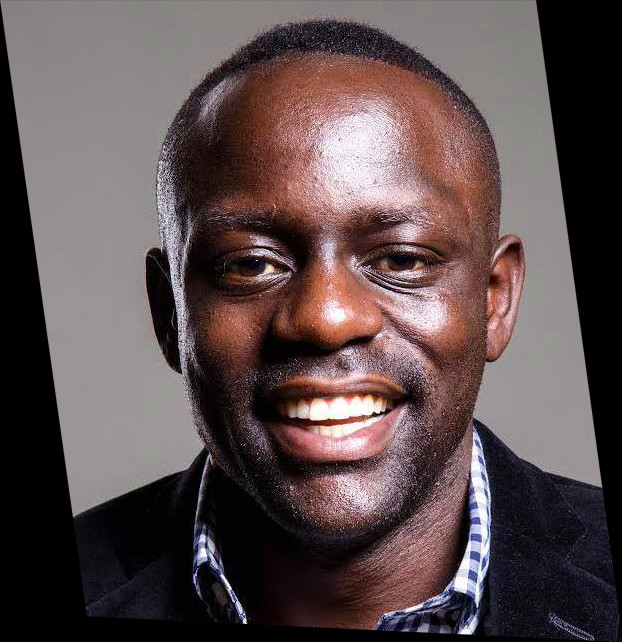In a recent development in the high-profile case surrounding the death of George Floyd, Derek Chauvin’s legal team has petitioned the U.S. Supreme Court, alleging a denial of the right to a fair trial. The attorney, William Mohrman, contends that the jury, particularly one specific juror, was biased from the beginning, jeopardizing the fairness of the trial.
Unpacking the Appeal: Seeking a Fair Trial
Chauvin, the former Minneapolis Police officer, received a sentence of over 20 years in 2021 after being found guilty on charges of second-degree murder, third-degree murder, and second-degree manslaughter in connection with Floyd’s death. The trial, conducted in Minneapolis, where the incident occurred, has become a focal point of debate regarding the fairness of the proceedings.
Under the Sixth Amendment of the U.S. Constitution, every defendant is entitled to a fair trial, and Mohrman argues that the extensive pre-trial publicity and community outrage in Minneapolis tainted the jury pool. He highlights the jurors’ expressed concerns for personal safety during questioning, asserting that the majority had already formed opinions about the case before the trial commenced.
Riots and Juror Stakes: A Central Argument
Mohrman’s primary argument centers around the aftermath of the trial. Citing the riots that erupted in Minneapolis, causing significant damage, he contends that every juror had a stake in the trial’s outcome to prevent further unrest. With the jurors expressing fears of another riot, the attorney emphasizes the need for a change in venue to ensure an unbiased trial.
External Influences: A Compromised Judicial Process?
The appeal raises concerns about external factors influencing the jury. Jurors were not sequestered in the traditional sense, going home each night and expressing concerns about safety. Mohrman points to the announcement of a $27 million settlement with George Floyd’s estate during the trial, remarks from Democratic Rep. Maxine Waters, and the deployment of the National Guard as potential prejudicial elements.
Allegations of Juror Misconduct
The attorney alleges potential juror misconduct, specifically focusing on Juror 52. Mohrman claims that the juror, post-trial, expressed happiness about being on the panel and made troubling comments about the Minneapolis Police Department. Additionally, video evidence suggests the juror participated in a BLM rally, contradicting pre-trial responses.
Nationwide Ramifications: Impact on Policing
Mohrman argues that the case’s implications extend beyond Chauvin’s fate, impacting police departments nationwide. He suggests that the trial’s outcome contributes to the challenges faced by inner-city police departments in hiring officers, as officers fear legal repercussions in ambiguous situations.
Supreme Court Appeal: A Chance for a New Trial?
With the U.S. Supreme Court receiving only a fraction of the cases it’s asked to review, the decision to take up Chauvin’s appeal holds significant weight. If the Court agrees that a fair trial was denied, Chauvin could secure a new trial, potentially reshaping the narrative surrounding this polarizing case.




















